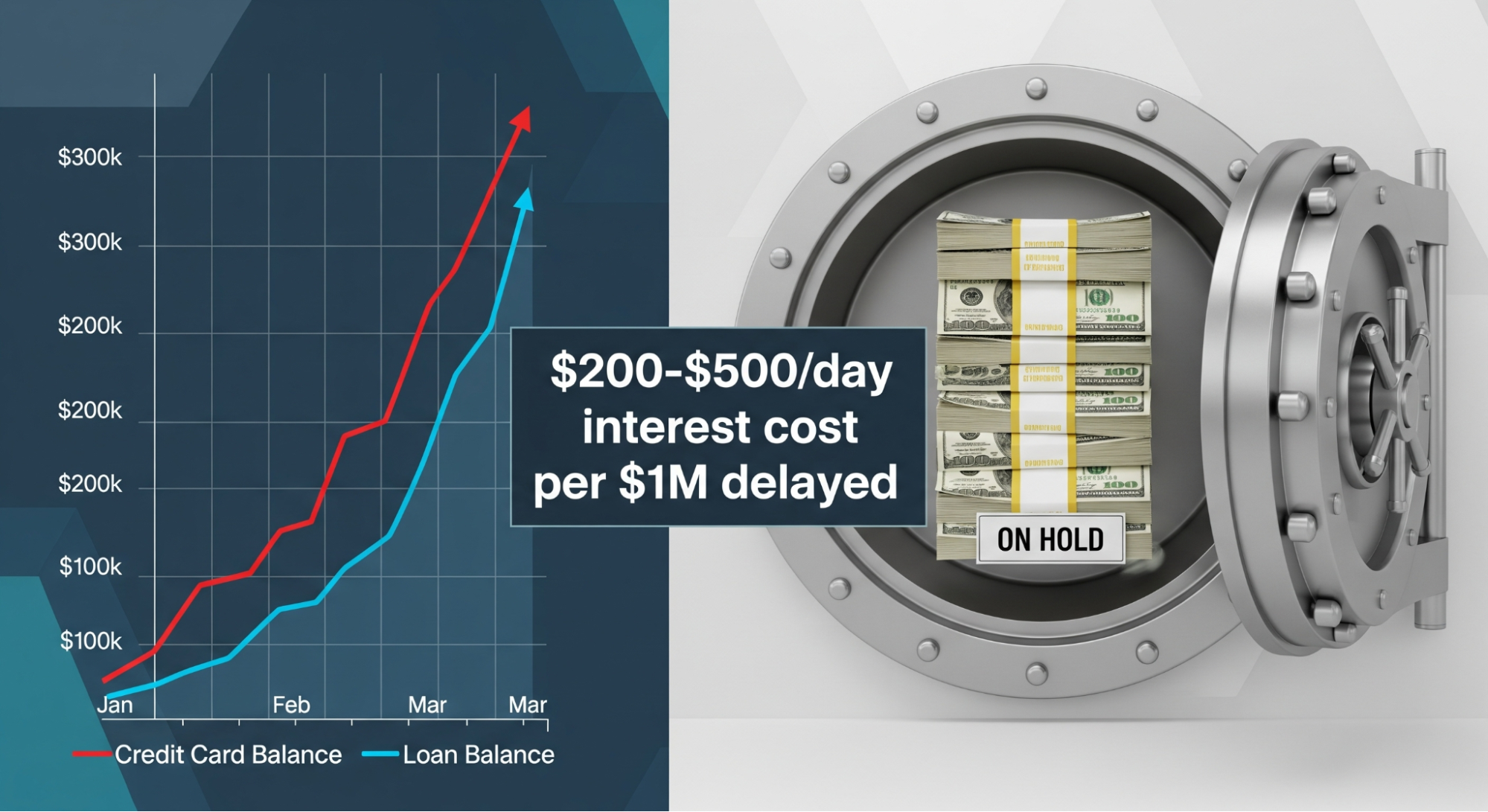
Arjun Gupta
February 11, 2025

TABLE OF CONTENTS
Why wait when there are people eager to e-meet you?
Let's meet, greet, and discuss
In the modern digital economy, payment processing has evolved beyond simple transaction handling. Businesses are increasingly dealing with complex multi-currency, multi-method transactions while trying to maintain data security and compliance.
Salesforce, being one of the most widely used customer relationship management (CRM) platforms, has integrated payment features that help businesses streamline payment flows, yet legacy payment systems within Salesforce have faced certain challenges.
Legacy payment systems in Salesforce often store data across multiple platforms - CRM, accounting software, and third-party processors—creating silos. This fragmentation makes it difficult to get a complete view of customer behavior, hindering personalization and efficient payment tracking.

With the integration of AI, Salesforce is able to address many of the challenges listed above. AI-powered payment solutions within Salesforce help businesses improve efficiency, security, and personalization, while also enabling scalability for growth.

1. Improved Efficiency and Accuracy: AI reduces manual intervention and streamlines the entire payment process. This results in faster transaction times and fewer errors. For example:
“AI-driven automation of invoicing and payment reminders can lead to a 30% reduction in billing cycle times."
“Invoice errors drop by 40% thanks to AI’s ability to cross-reference and verify data.”
2. Enhanced Fraud Prevention: Machine learning algorithms continuously learn and adapt to new fraud patterns, providing real-time risk analysis of every payment transaction.
“AI-powered fraud detection systems can reduce fraudulent transactions by up to 70% by identifying suspicious payment behaviors early on.”
3. Personalization for Better Customer Experience: AI enables Salesforce to offer a personalized payment experience by analyzing customer data such as purchasing habits, payment preferences, and previous interactions.
“Businesses that leverage AI-driven personalization see higher customer satisfaction scores (up to 25%) and improved payment conversion rates.”
4. Scalability: AI allows businesses to scale payment processes without compromising performance. As transaction volumes increase, the system automatically adjusts, ensuring smooth operations even during peak times.
“AI-based systems can process payments up to 50% faster than traditional systems during high-demand periods.”
5. Compliance and Regulatory Alignment: AI helps ensure that payment processes comply with relevant regulations such as GDPR, PCI-DSS, and other financial regulations by automatically updating systems to reflect new rules and detecting non-compliant activities.
“Companies using AI-driven solutions in Salesforce report a 20% decrease in compliance audit costs due to automated tracking and documentation.”
A large e-commerce business integrated Salesforce’s AI-powered payment system to automate invoicing, fraud detection, and customer follow-up. As a result, the company experienced:
A real estate agency using Salesforce’s AI to streamline payment processing for property management saw:
Here’s a breakdown of AI’s tangible impact on payment processing.
.jpeg)
The role of AI in payment processing within Salesforce is a game-changer. By automating workflows, improving fraud detection, and enabling personalized customer experiences, AI is driving a more efficient, secure, and scalable payment ecosystem.
Businesses that embrace AI-driven payment processing within Salesforce can expect to see a measurable improvement in operational efficiency, reduced costs, and enhanced customer satisfaction.
As AI technologies continue to evolve, the potential to further optimize payment processing within Salesforce is limitless.










.jpg)
.avif)


.png)
.png)




